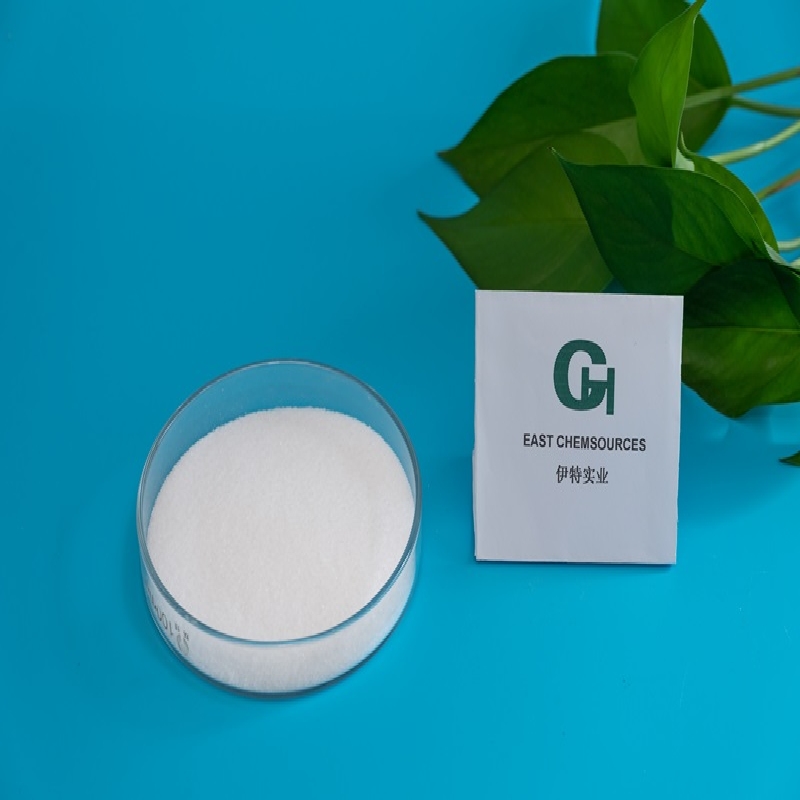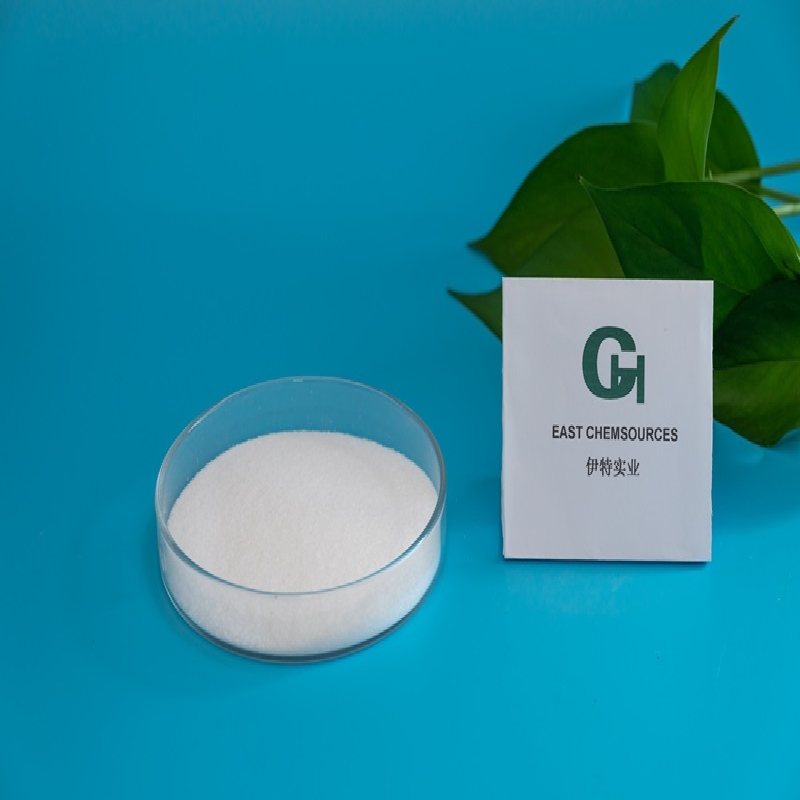-
Categories
-
Pharmaceutical Intermediates
-
Active Pharmaceutical Ingredients
-
Food Additives
- Industrial Coatings
- Agrochemicals
- Dyes and Pigments
- Surfactant
- Flavors and Fragrances
- Chemical Reagents
- Catalyst and Auxiliary
- Natural Products
- Inorganic Chemistry
-
Organic Chemistry
-
Biochemical Engineering
- Analytical Chemistry
- Cosmetic Ingredient
-
Pharmaceutical Intermediates
Promotion
ECHEMI Mall
Wholesale
Weekly Price
Exhibition
News
-
Trade Service
Editor’s note iNature is China’s largest academic official account.
It is jointly created by the doctoral team of Tsinghua University, Harvard University, Chinese Academy of Sciences and other units.
The iNature Talent Official Account is now launched, focusing on talent recruitment, academic progress, scientific research information, interested parties can Long press or scan the QR code below to follow us
.
iNature ischemia-reperfusion (I/R) injury is an inevitable complication of liver transplantation and will affect its prognosis
.
Glycosyltransferases have been considered as promising targets for disease treatment, but their role in liver I/R damage is still unknown
.
On October 18, 2021, Li Hongliang, Zhou Jiangqiao and Zhou Junjie of Wuhan University jointly published a research paper entitled "N-Acetylgalactosaminyltransferase-4 protects against hepatic ischaemia/reperfusion injury via blocking ASK1 N-terminal dimerization" in Hepatology.
The research passed Based on the correlation analysis of RNA-seq data, it was found that there is a close correlation between the expression of glycosyltransferase N-acetylgalactosamine transferase-4 (GALNT4) and liver I/R-related molecular events in the mouse model
.
The mRNA and protein expression of GALNT4 was significantly up-regulated after reperfusion surgery in two clinical samples from subjects and mouse models receiving liver transplantation
.
The study found that lack of GALNT4 significantly exacerbated I/R-induced liver injury, inflammation, and cell death, while overexpression of GALNT4 resulted in the opposite phenotype
.
The study found that GALNT4 directly binds to apoptosis signal-regulated kinase 1 (ASK1) to inhibit its N-terminal dimerization and subsequent phosphorylation, resulting in downstream c-Jun N-terminal kinase (JNK) / p38 and nuclear factor kappa B (NF) -κB) Strong inactivation of signal transduction
.
Interestingly, the ability of GALNT4 to inhibit ASK1 activation has nothing to do with its glycosyltransferase activity
.
In conclusion, GALNT4 represents a promising therapeutic target for liver I/R injury, and improves the prognosis of liver surgery by inactivating the ASK1-JNK/p38 signaling pathway
.
Hepatic ischemia-reperfusion (I/R) injury is very common in liver surgery, especially liver transplantation, resection, and trauma, and directly damages liver vitality
.
Ischemia-reperfusion methods can cause severe liver injury and inflammation through complex signaling pathways, which are composed of hepatocytes, sinusoidal endothelial cells, Kupffer cells (KCs) and infiltrating neutrophils and macrophages.
Mediated by complex interactions with platelets
.
Among these cell types, hepatocytes are considered to be the main cells that promote liver I/R damage.
It triggers uncontrolled pro-inflammatory cells by producing large amounts of intracellular reactive oxygen species (ROS) and secreting pro-inflammatory cytokines and chemokines Activation
.
However, the current treatment strategies for liver I/R injury are not satisfactory
.
Although pre-treatment and post-treatment have shown encouraging potential to reduce I/R-related liver injury, their clinical application is limited in selected patients
.
It is well known that the post-translational glycosylation of proteins is a key biological process that regulates the complexity of pathophysiological processes
.
O-glycosylation has been established as a very attractive disease treatment targeting strategy, which is largely due to its extensive and powerful ability to regulate cell survival, apoptosis, differentiation, and inflammation
.
It is worth noting that members of the polypeptide N-acetylgalactosaminyltransferase (GALNT) family are the first steps to catalyze protein O-glycosylation
.
When using a mouse model to describe the molecular profile of liver I/R injury through RNA-seq, the researchers noticed that GALNT4 was significantly up-regulated in response to liver reperfusion
.
More importantly, GALNT4 is closely related to the expression of liver I/R-related molecules
.
GALNT4 is widely expressed in eukaryotic cells and participates in many cellular events, especially tumor cell invasion and metastasis
.
In addition, GALNT4 mediates the inflammatory response of cardiovascular diseases by modulating the modification of P-selectin glycoprotein ligand-1 and other inflammation-related proteins
.
Since inflammation and apoptosis are closely related to the prognosis of liver I/R injury, researchers speculate that GALNT4 may be a key regulator of liver injury.
However, this has not been paid attention to
.
In this study, it was found that GALNT4 reduces liver I/R damage by inhibiting inflammation and apoptosis
.
Mechanistically speaking, GALNT4 directly interacts with ASK1 to block its N-terminal dimerization and downstream JNK1/2 and p38 pathways
.
In conclusion, the results of this study reveal the new function of GALNT4 in liver I/R injury and indicate that GALNT4 may represent a promising target for liver I/R injury
.
Reference message: https://aasldpubs.
onlinelibrary.
wiley.
com/doi/10.
1002/hep.
32202







